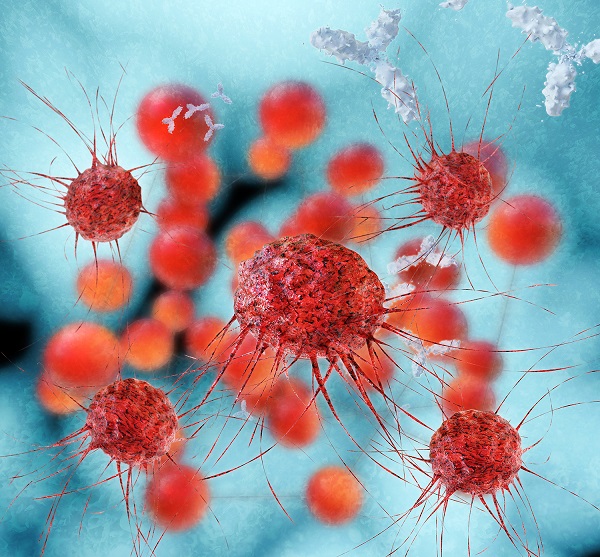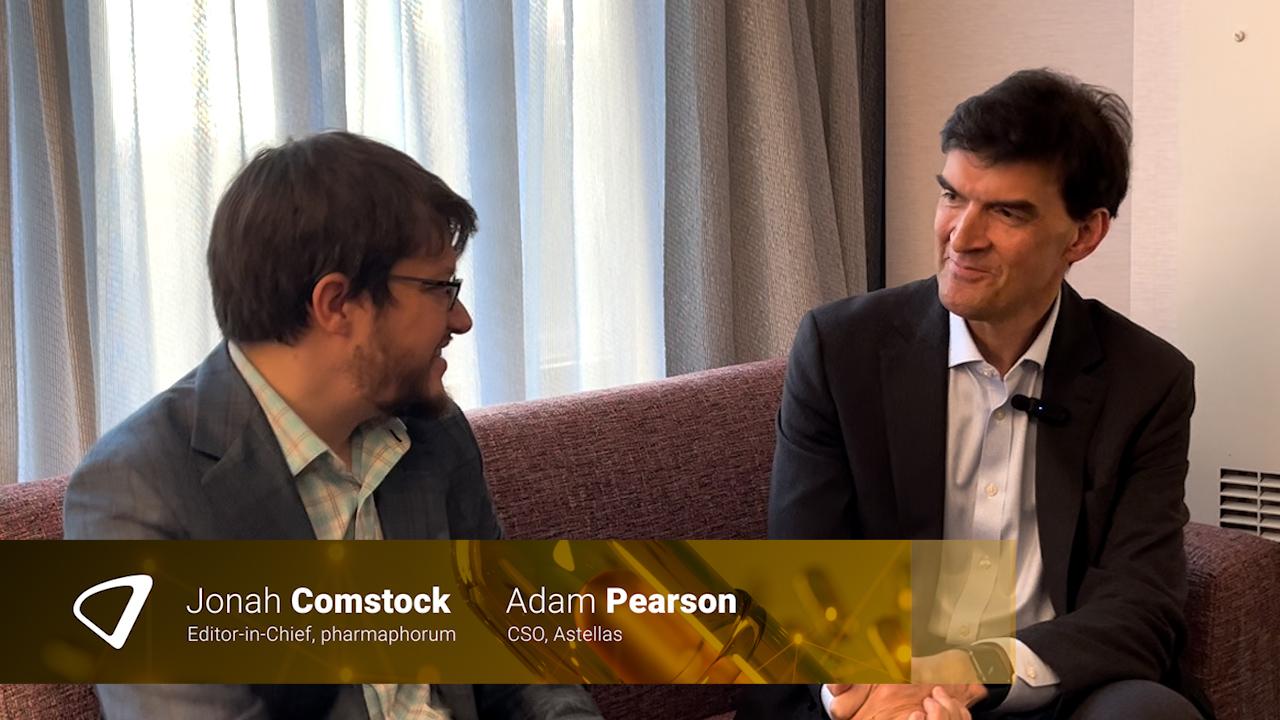Astellas/Seagen prepare full US filing of bladder cancer drug Padcev

Astellas and Seagen have the data they need for a full licence for their bladder cancer drug Padcev in the US, based on trial results announced over the weekend.
To recap, Padcev (enfortumab vedotin) was quickly okayed by the FDA in December 2019 in advanced urothelial cancer on the basis of phase 2 response data that made it a rising star at that year’s American Society of Clinical Oncology (ASCO) conference.
But although the response rate data was eye-catching, the FDA could only grant a faster accelerated approval that needed to be confirmed with further data.
That is now available from the trial data announced at this year’s ASCO genitourinary cancer specialist conference (ASCO GU), from a second cohort from the phase 2 EV-201 trial.
The first cohort formed the basis for the accelerated approval and the second cohort from the single-arm trial showed an objective response of 52% and a median duration of response was 10.9 months.
Results of EV-301 are expected to be submitted to the FDA as the confirmatory trial following the drug's accelerated approval in 2019 and will also support global registrations.
EV-201 cohort 2 results are expected to be submitted as part of the primary approval application in certain global markets, and will be included in a filing to expand the current US label.
The late stage data showed Padcev significantly improved overall survival compared with chemotherapy in a group of patients previously treated with platinum chemo and and a PD-1/L1 inhibitor.
An interim analysis from EV-301 showed a median overall survival of 12.9 months in patients treated with Padcev compared with nine months in those treated with chemotherapy.
For patients in the Padcev arm of the trial, maculopapular rash, fatigue and decreased neutrophil count were the most frequent Grade 3 or greater treatment-related adverse events (TRAEs) occurring in more than 5% of patients.
Median progression-free survival was 5.6 months in the Padcev group compared with 3.7 months in the chemotherapy group.
Overall response rate, the percentage of patients with either complete or partial response, was 40.6% vs. 17.9% of patients in the chemotherapy arm.
Disease control rate - the percentage of patients who have achieved complete response, partial response or had stable disease, was 71.9% for Padcev and 53.4% for chemotherapy.
In an interview with pharmaphorum, Andy Krivoshik, senior vice president and Oncology Therapeutic Area head at Astellas, said the data could be used to confirm a full US licence as well as negotiations with payers.
In the UK, cost-effectiveness body NICE requires overall survival data for regular NHS reimbursement and Krivoshik said the overall survival data could help with discussions with other reimbursement authorities.
He said that the endpoints are “meaningful for payer systems”, because of the implications they have for patients.
Moving forward, Astellas and Seagen will be looking to develop the drug for other cancers with high expression of NECTIN-4, including triple-negative breast cancer, non-small cell lung cancer, head and neck and certain types of gastro-oesophageal cancer.












